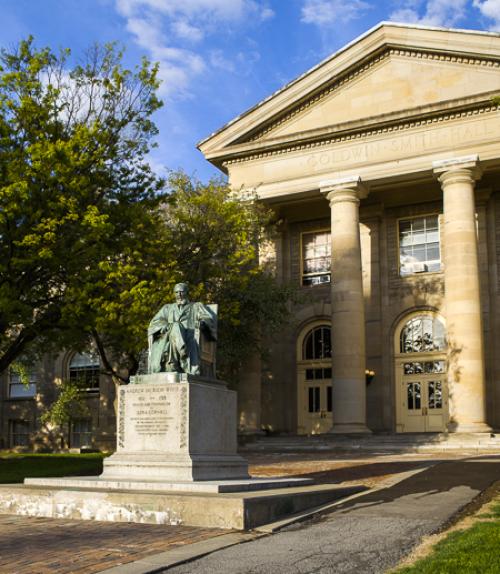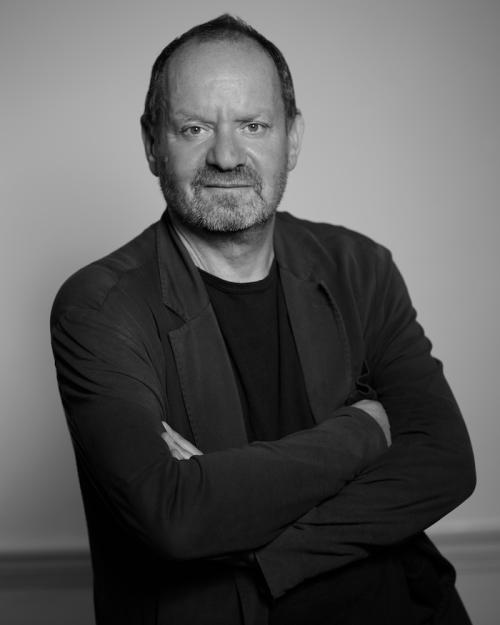In an op-ed in the Washington Post, Bryn Rosenfeld, assistant professor of government, and co-authors discuss whether waning support for Putin will show up in Sunday's elections, featuring 9,000 races in 83 regions.
"The Putin system has been built on twin pillars,” she and co-authors write in the piece. “Real independent candidates have found it harder than ever to get on the ballot. Since the beginning, On one side, Putin has relied on a formidable apparatus of authoritarian control and repressive security organizations. On the other, he has claimed true popular legitimacy, buoyed by high levels of mass support and an ability to dominate elections. But surveys we conducted this summer reveal that the second pillar is cracking, thanks to a faltering economy, a stubborn pandemic and unease over Putin’s unchecked power."
Read the story in the Washington Post.




